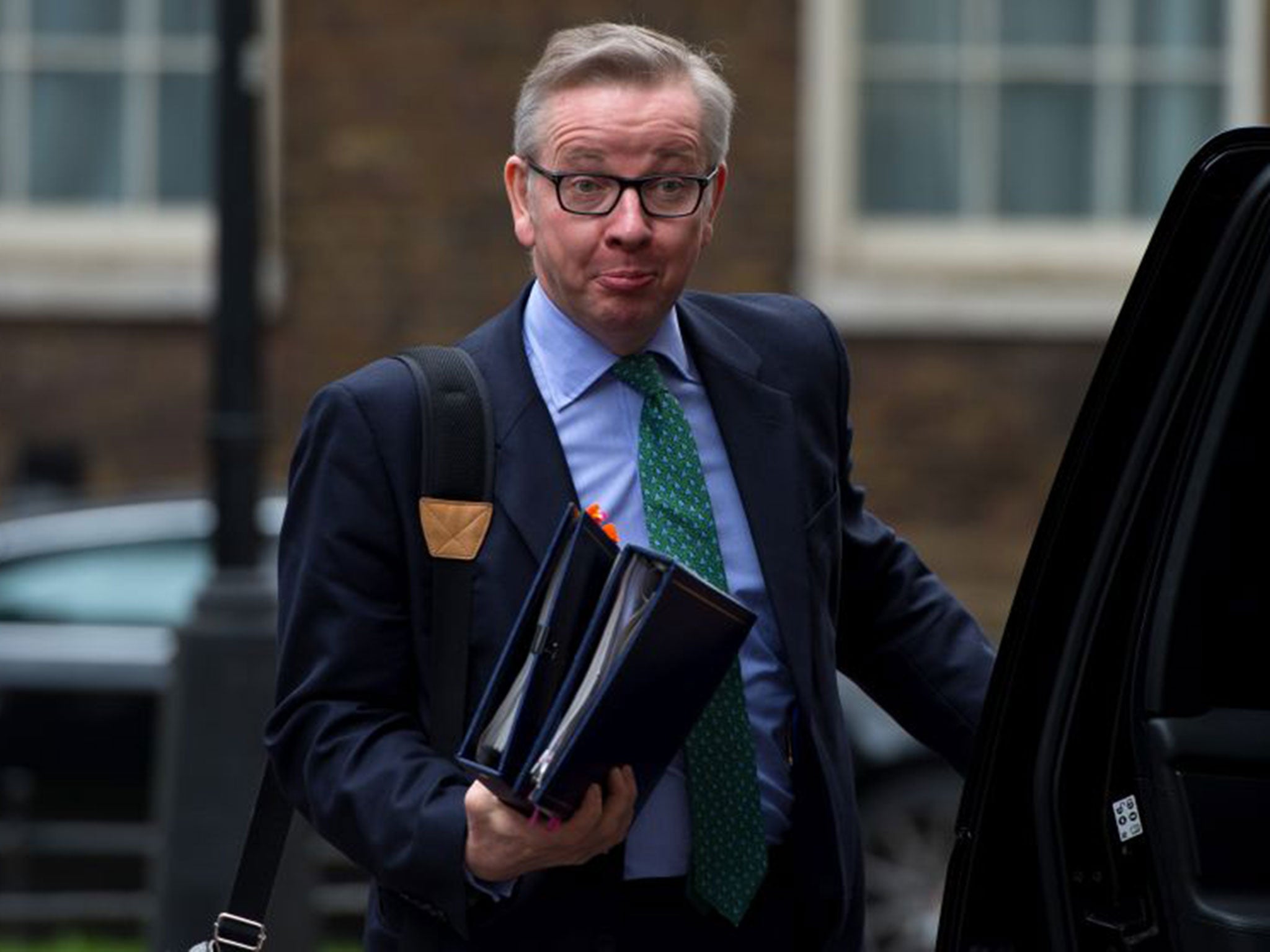Can a person be forced to resign for failing to deny doing something that didn’t happen about something that cannot be supposed to have happened? It’s a question that would trouble even the finest legal minds, which is why it all seemed so simple to Chris Grayling.
Indeed the question itself should have been simple. The one Labour’s deputy leader Tom Watson wanted to ask, having been granted an urgent question on the matter by the Speaker, was simple. Was it Michael Gove that told The Sun that the Queen said she was not keen on the EU?
In these confused times, Tom Watson taking any opportunity to have a go at The Sun was a reassuring constant. Occasionally, from the right angle and at the right time of year – usually just after Christmas – he has been known to entirely eclipse it.
But nothing in this EU referendum is simple, and certainly not when the Queen is involved. Speaker Bercow explained how parliamentary convention dictates: “Her majesty cannot be supposed to have a private opinion… on the European Union or indeed anything else.” Not even on her favourite dog breed.
It compelled the MPs to orbit the issue as though it were the sun, or indeed Tom Watson.
“I ask that the Leader of the House will make a statement on the adherence to the rules and conventions of the Privy Council in light of the suspension of collective responsibility in connection with the European Union referendum,” Mr Watson said.
In other words: “Gove’s shopped her Majesty. He’s got to go.”
It was here that things turned philosophical. Nick Clegg, a chap from a fringe movement called the Liberal Democrats who was, as recently as May last year, Deputy Prime Minister, was also present when the Queen is meant to have said what she can’t be supposed to have said, and has already, Grayling said, “confirmed the story is categorically untrue”.
In any case, he explained, the conversation that didn’t happen didn’t even happen at the Privy Council meeting. It didn’t happen at the lunch afterwards. So how could anyone be in breach of Privy Council rules for not sharing details of a conversation that didn’t even not happen at the Privy Council meeting?
The calls from the Labour benches for Mr Gove’s resignation went on and on. “You cannot be found guilty of an offence when an offence has not taken place,” Grayling continued. And he would know. He was the Justice Secretary, at least until the chap who didn’t do the thing that hasn’t happened replaced him and reversed every single one of his policies in barely more than a week. “The Justice Secretary must say something that didn’t happen didn’t happen. That just doesn’t make sense.”
It’s an interesting legal and epistemological question. Can we really say Chris Grayling was ever Lord Chancellor, when nothing he did ever actually happened?
Dennis Skinner’s concerns were at least simpler to grasp. “I’ve never been to the Palace so I don’t know what goes on. But what on earth was the Queen doing, confiding in Clegg?”
Subscribe to Independent Premium to bookmark this article
Want to bookmark your favourite articles and stories to read or reference later? Start your Independent Premium subscription today.


Join our commenting forum
Join thought-provoking conversations, follow other Independent readers and see their replies